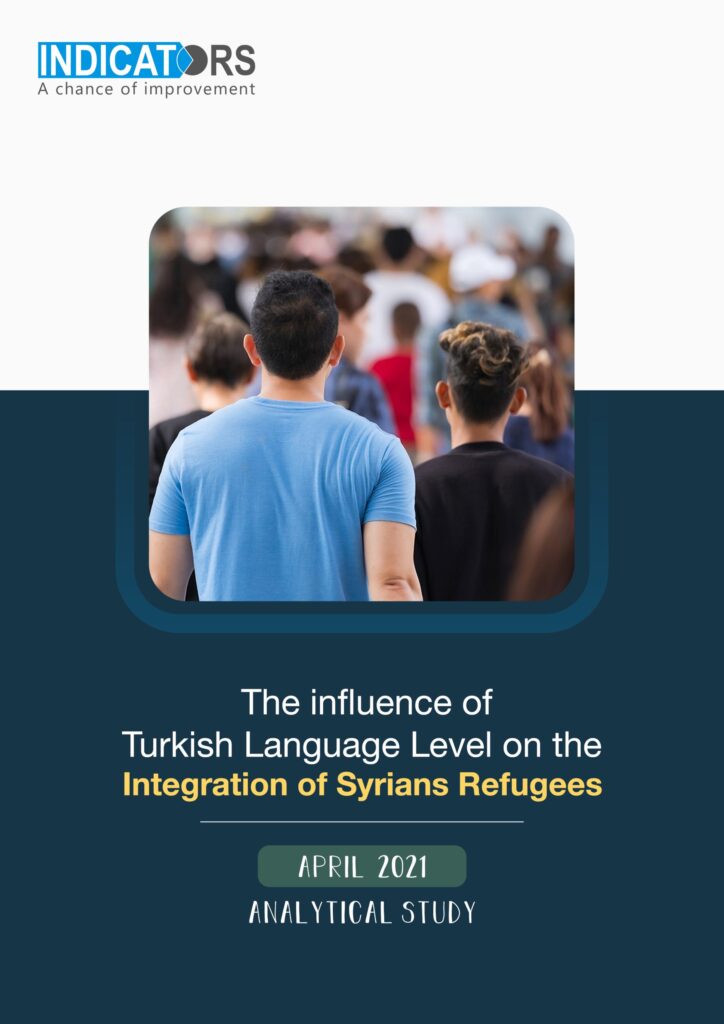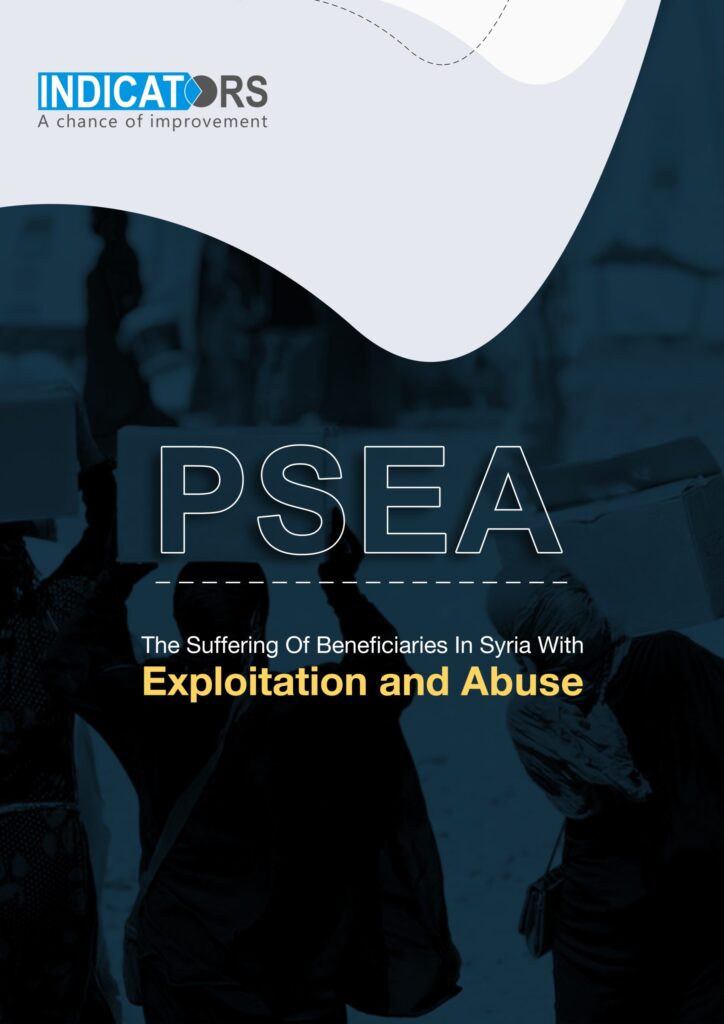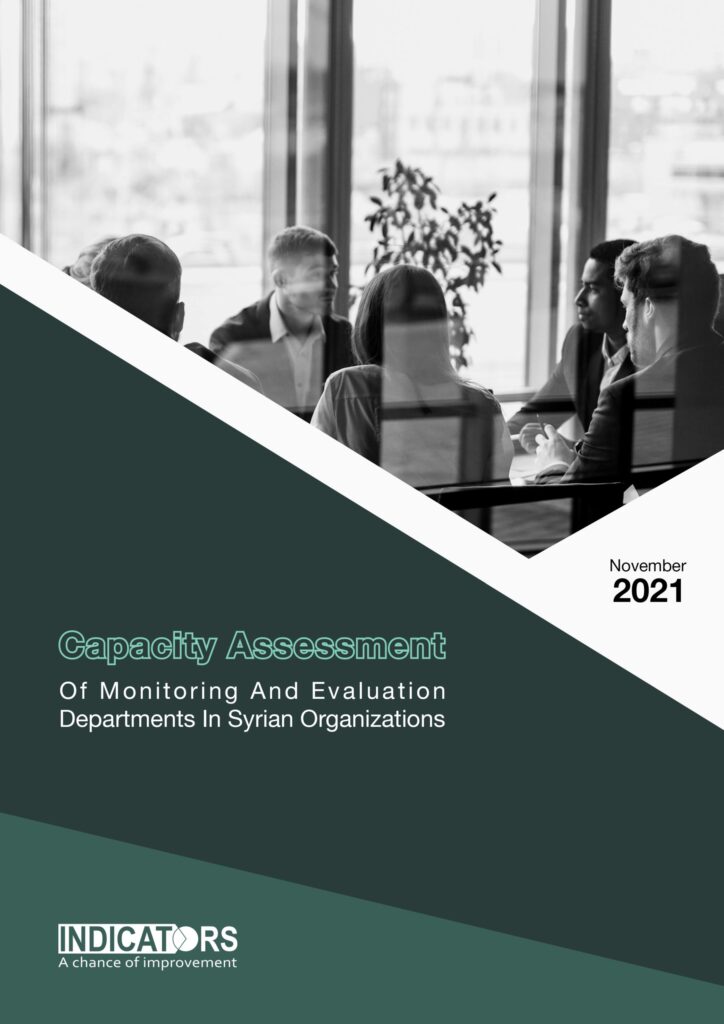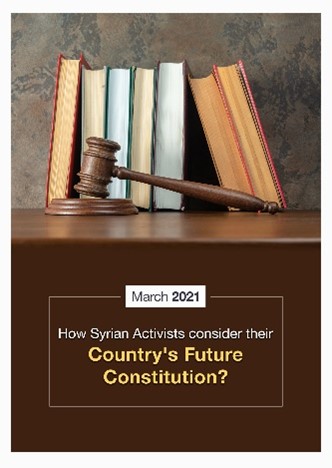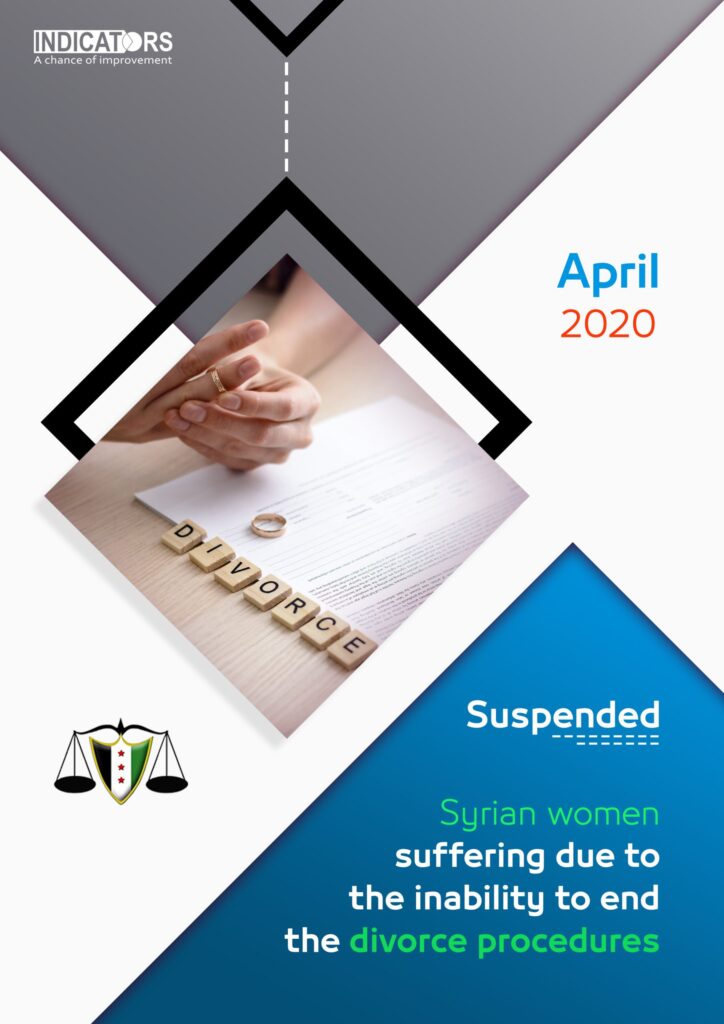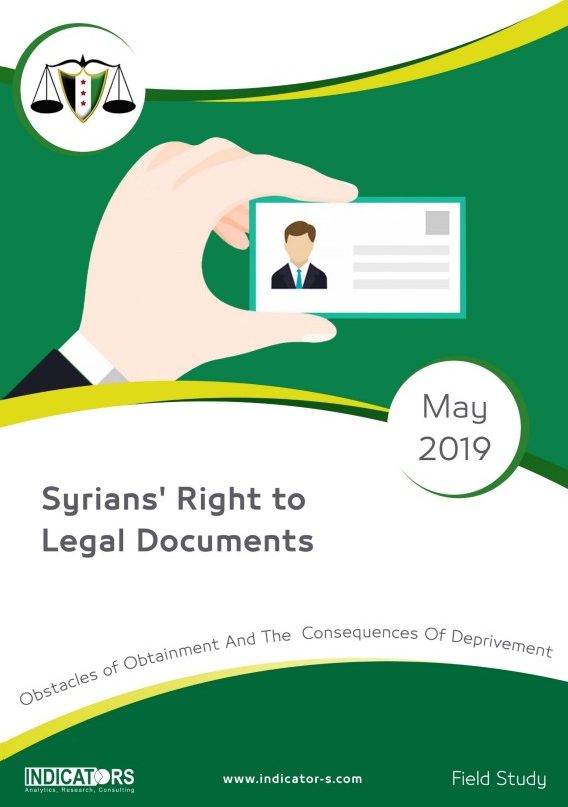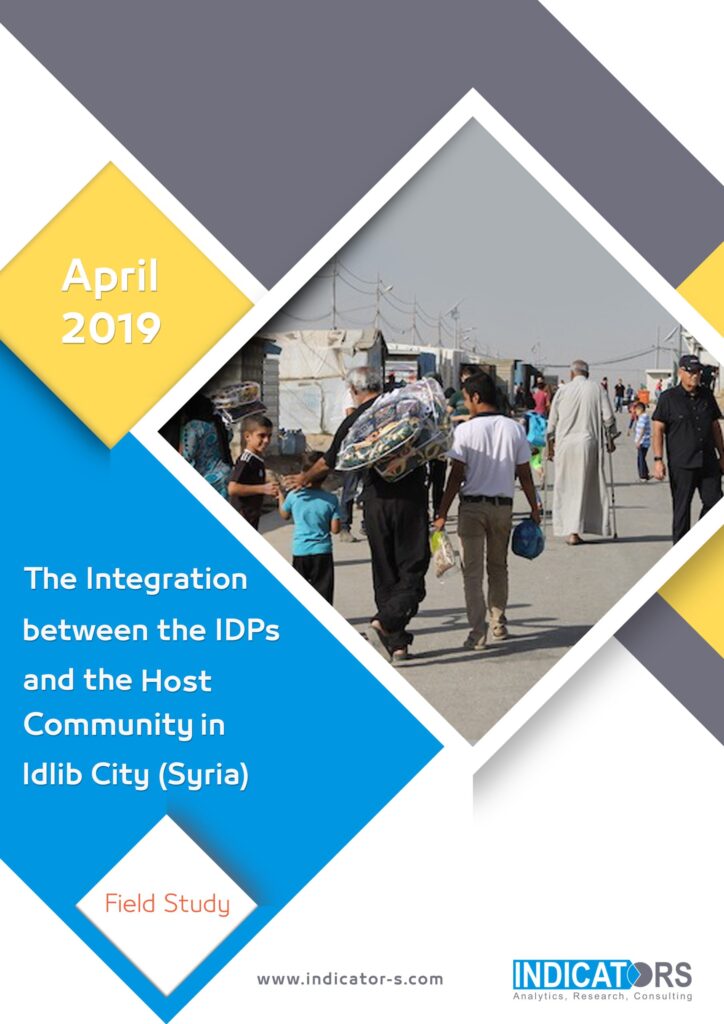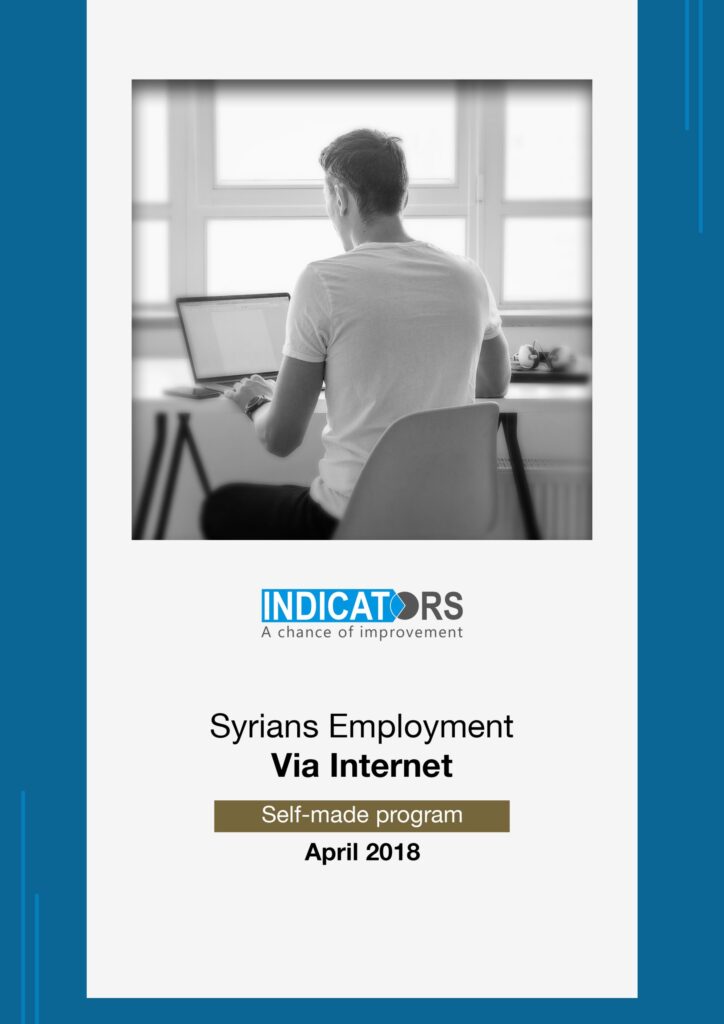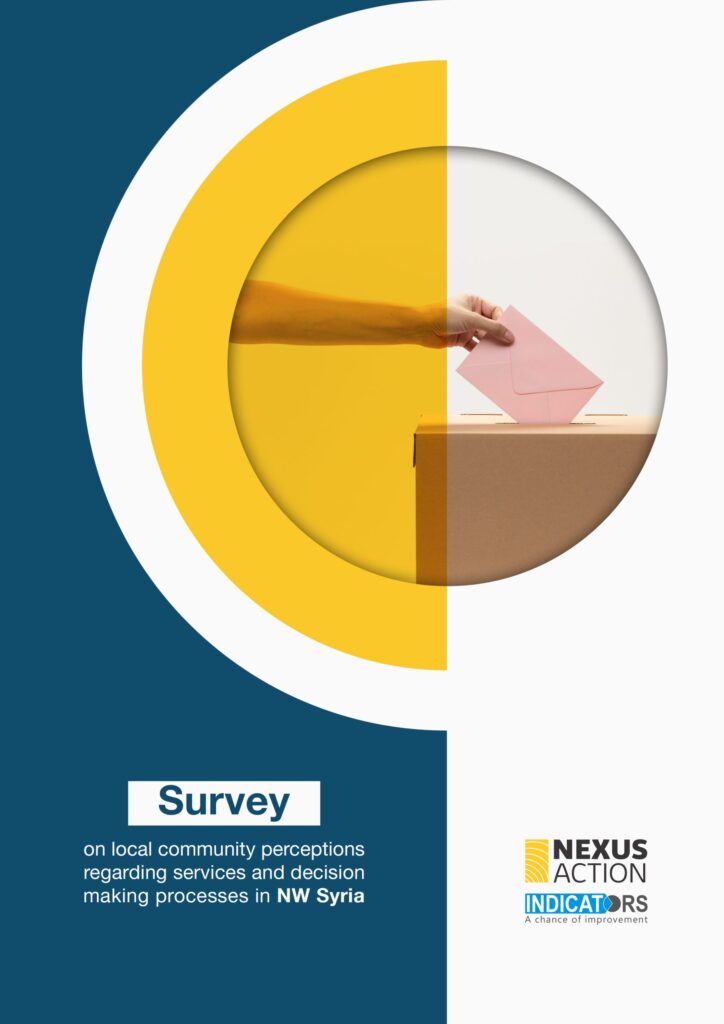
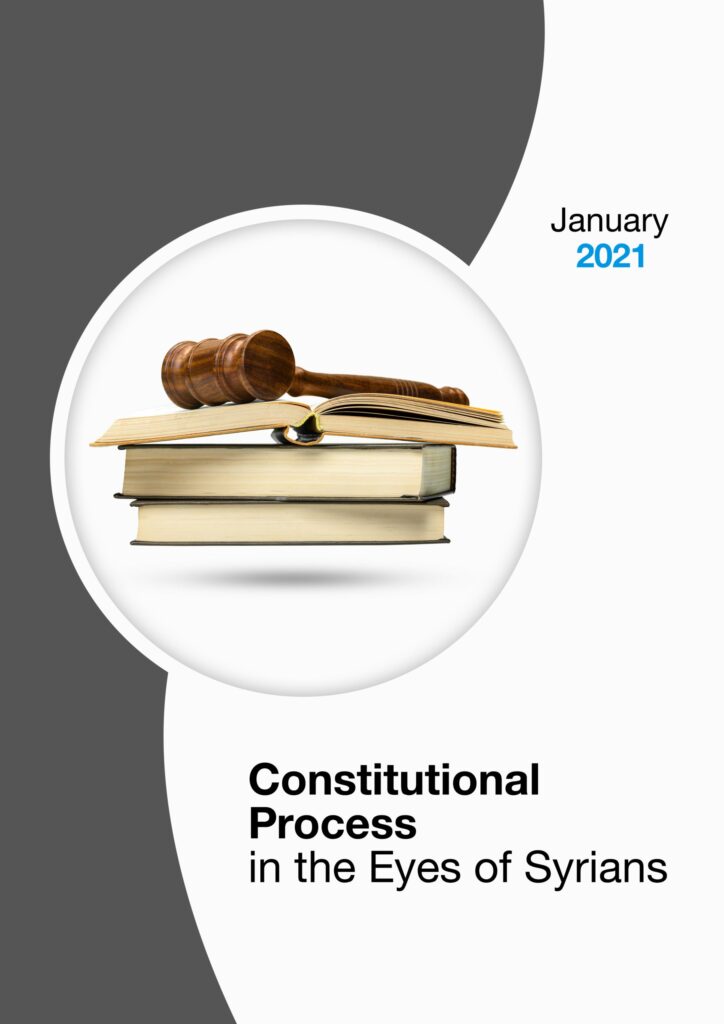
Constitutional Process In The Eyes Of Syrians
Since the early years of the conflict in Syria, the international community has sought reaching a political solution to end the current state of violence in the country. In 2012, the Action Group for Syria held its talks in the Swiss city of Geneva which was headed by the then UN envoy to Syria, Kofi Annan, who announced after the conclusion of the talks that the meeting has issued a detailed statement known as the Geneva 1 statement, which stressed the need to pressure all parties to implement the six-point plan (the Annan plan) . The statement also condemned the continuation and escalation of combat operations, destruction, and human rights violations, and recommended the commitment of all parties to cease armed violence and intensify the pace of release of the arbitrarily detained people, and called for the formation of a transitional governing body and the review of the constitutional system and the legal system in Syria.
Later, on the 18th of December 2015, the Security Council unanimously approved Resolution No. 2254, which outlined the features of a political solution in Syria, as the resolution affirmed that the Syrian people is the party which shall decide the future of the country, demanded ceasing attacks on civilians, and stipulated that the United Nations Secretary-General shall call each of the representatives of the regime and the Syrian negotiating committee to participate in formal negotiations on the path towards the political transition. The resolution also expressed its support for the commencement of a Syrian-led political process facilitated by the United Nations that establishes a credible governance that includes everyone and is not based on sectarianism, and sets a timetable for drafting a new constitution for the country and conducting free and fair elections pursuant to the new constitution and under the supervision of the United Nations in a safe and neutral environment including all Syrians including those living in exile.
In fact, it can be said that none of the items of the statements and decisions related to the path of the political solution in Syria have been practically implemented due to the regime’s procrastination and its unwillingness to enter that path seriously, which led to the prolongation of the political process, which went through several rounds of talks. The roadmap for a political solution in Syria was adopted in 2017 based on UN resolutions 2254 of 2015 and 2118 of 2013 containing the Geneva Declaration. This roadmap stipulated the work in parallel or successively on the following four axes: governance, constitution, elections, and a safe and neutral environment. In this context, the Sochi Conference affirmed its support for the implementation of Security Council Resolution No. 2254 and called on the United Nations to form the Constitutional Committee as a contribution to the United Nations-led political process in Geneva, and to the implementation of Security Council Resolution No. 2254 of 2015, accordingly, the United Nations conducted indirect negotiations between the regime’s government and the Syrian Negotiating Committee to form the Constitutional Committee and to agree its reference standards and the basic elements of its internal regulations.
Objectives:
This study aims to identify the views of Syrians of all sects and components about the Constitutional Committee and its work and to identify the issues that are a priority for them regarding the path of a political solution in Syria, including working on drafting a new constitution for the country and revealing the extent of their confidence in the work of the Constitutional Committee and its ability to advance the political process and to identify their restrictions about its work and method of formation.
The study also aims to identify the Syrians’ position on the three delegations of the Constitutional Committee (the delegation of the Syrian government – the delegation of the opposition – the delegation of the civil society) and to identify the most prominent means they believe that it can increase their ability to communicate their desires and aspirations to the members of the Constitutional Committee to be taken into consideration when drafting constitutional texts. The study also aims to identify the views of Syrians about some constitutional issues, such as the Arab identity of the Syrian Republic, the relationship of the state with the religion, the relationship of state authorities to each other, and women’s issues.

